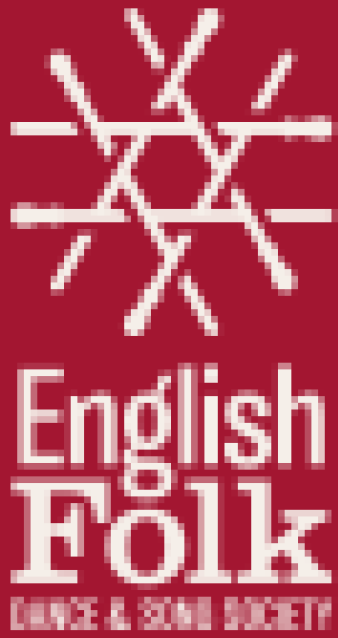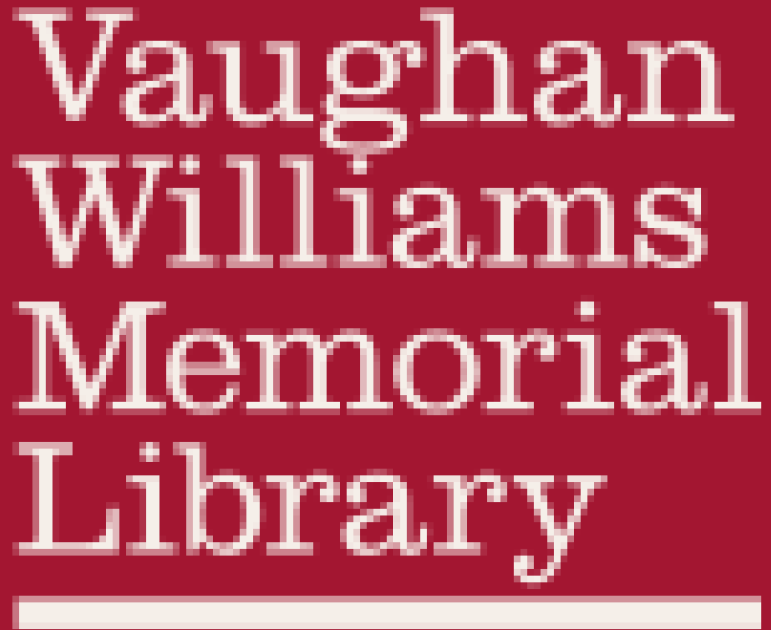Library lectures 2017
Cecil Sharp House
December 2016 - March 2017
Our second series of evening lectures covered folk song, music, and folklore, presented by expert guest speakers.
‘While Shepherds Watched their Flocks by Night’: A Paradigm of English Village Carolling for Three Centuries
Ian Russell
Wednesday 7 December 2016, 7.30pm
Sheffield is renowned for its carolling tradition in which unique and beautiful variants of well-known (and some less well-known) carols have evolved. But why has one carol above all others become the most widely sung lyric in the English vernacular carolling tradition during the last three centuries? By what means did these words become so widely circulated, and how has their popularity been sustained? Why have the singers/musicians been inspired to create and recreate so many musical settings to this text in order to celebrate each Christmas anew?
This lecture summaries the history and development of the carol, ‘While Shepherds Watched their Flocks by Night’, and provide key examples of the tunes adopted in its musical pathway in tradition. It examines the significance of the text in terms of setting and characters, as well as the sacred and secular nature of its performance in the carolling communities of the Pennine hills of south Yorkshire and north Derbyshire, whilst shedding light on the vernacular Christmas carolling tradition.
Ian Russell, Professor Emeritus, is the former Director of the Elphinstone Institute at the University of Aberdeen (1999-2014). Since 1969 he has conducted extensive fieldwork into singing traditions in the English Pennines, especially Christmas carolling – see The Sheffield Book of Village Carols (2011) and The Derbyshire Book of Village Carols (2012). He is the founder and Director of the Festival of Village Carols, and the President of the North Atlantic Fiddle Convention.
Drink, Song and Politics in Early Modern England
Angela McShane
Wednesday 11 January 2017, 7.30pm
Between about 1580 and 1690, early modern England experienced three interrelated developments. First: the growth of a successful commercial popular music industry, centred on London, that served a socially broad national market. Second: the development of political parties, emerging from the political and religious turmoil of the period, which impinged significantly upon the newly burgeoning popular music industry and its markets. Third: a substantial increase in the per capita consumption of alcoholic drinks across all social classes, for reasons of sociability rather than health or nutrition. This paper briefly explores the unexpected effects of these changes on cultures of politics, drink and song across the whole period. In particular, it explores the way in which the Cavaliers of the 1650s and the new ‘Tory’ party of the 1680s used the medium of song to encourage excessive drinking in order to promote loyal obedience and the political and social denigration of sobriety.
Angela McShane is the Head of Early Modern Studies for the V&A/RCA postgraduate programmes in History of Design, and is currently a Visiting Fellow at the University of Sheffield. She has published widely on the subject of 17th century political broadside ballads and on the material culture of drinking, including chapters in collected editions, and journal articles in Past and Present and Journal of British Studies. A monograph, The Political World of the Broadside Ballad in 17th Century England, is forthcoming.
'Witchcraft accusations in nineteenth- and early twentieth-century England'
Owen Davies
Wednesday 8 February 2017, 7.30pm
Owen Davies is Professor of Social History at the University of Hertfordshire. He has written widely on the history of witchcraft, ghosts, magic, and popular medicine from the ancient world to the present.
The Heyday of the Dulcimer in East Anglia
John and Katie Howson
Wednesday 1 March 2017, 7.30pm
This presentation outlines the dulcimer playing traditions of England and focus in depth on the remarkable spread of dulcimer playing in East Anglia, highlighting the distinctive instruments and playing style of the region. During nearly forty years of research, John and Katie Howson have discovered a wealth of dulcimer players and makers in East Anglia, with interest in the instrument at its peak from around 1850 to 1930. This research started from information from the great player Billy Bennington, augmented by research notes from Dr Russell Wortley, and now enriched further by online archive resources and community investigations.
John and Katie Howson are the directors of the East Anglian Traditional Music Trust which was founded in 2000. In the 1980s, John established the internationally known traditional folk music recording label, Veteran and in 2010 they were both awarded the Gold Badge of the English Folk Dance & Song Society.


